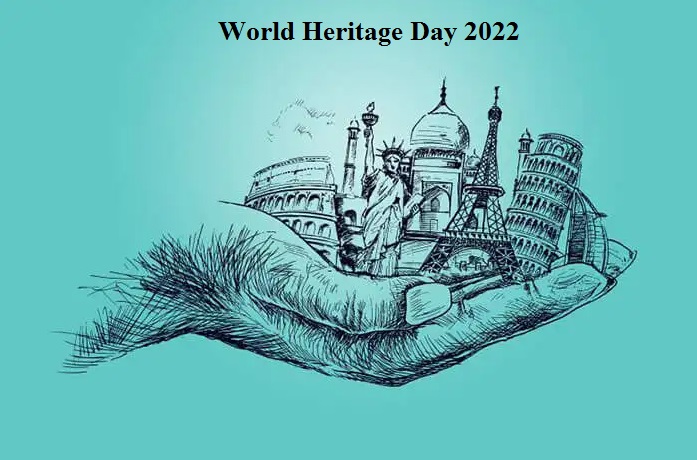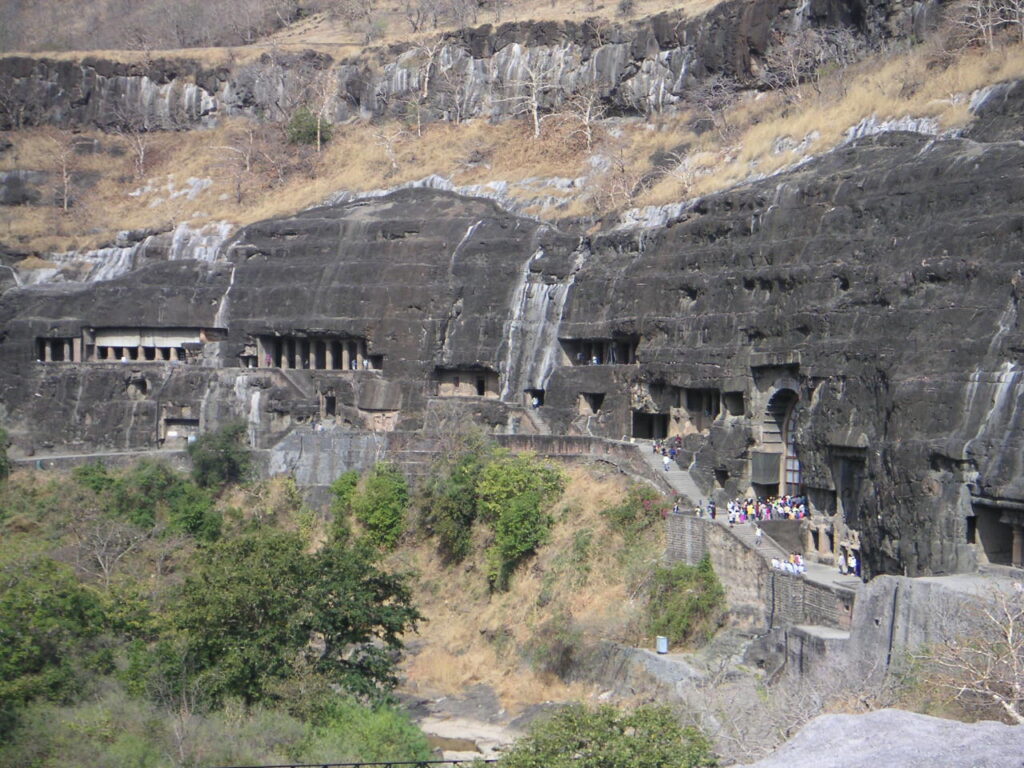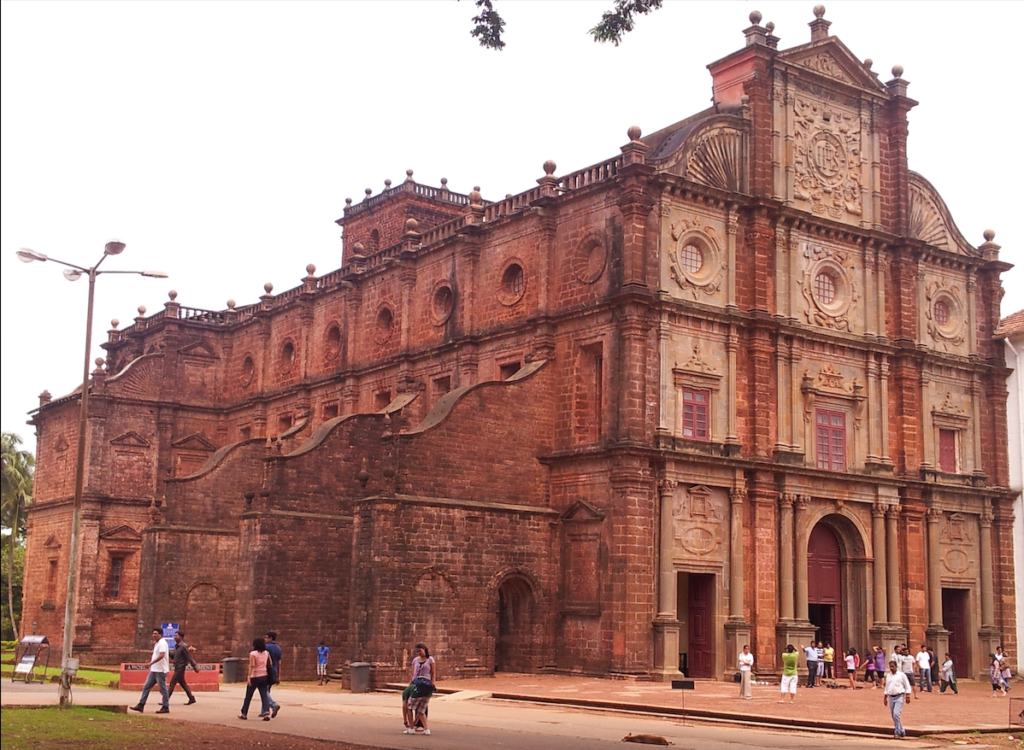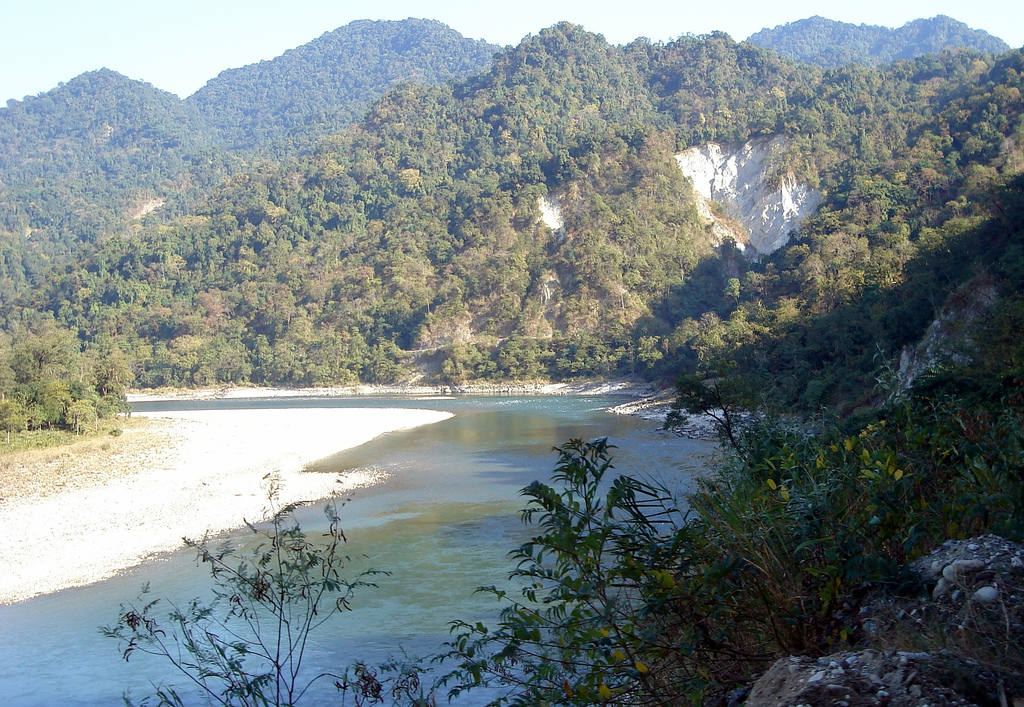World Heritage Day, also known as the International Day for Monuments and Sites, is a day of global significance dedicated to raising awareness about the importance of cultural heritage and promoting the preservation of historical sites and monuments around the world. Observed annually on April 18th, World Heritage Day serves as a reminder of the richness and diversity of human heritage and the need to protect it for future generations.
History and Significance:
World Heritage Day has its roots in the efforts of various organizations and individuals who recognized the need to safeguard cultural and natural heritage sites from threats such as neglect, urbanization, pollution, and armed conflict. The idea of establishing a dedicated day to raise awareness about heritage conservation gained momentum in the late 20th century, spurred by initiatives such as the World Heritage Convention adopted by UNESCO in 1972.
The World Heritage Convention, also known as the Convention Concerning the Protection of the World Cultural and Natural Heritage, was a landmark international treaty aimed at identifying and preserving sites of outstanding universal value. The convention emphasized the importance of cooperation among nations to safeguard the world’s cultural and natural heritage for future generations.
In 1982, the International Council on Monuments and Sites (ICOMOS), a non-governmental organization dedicated to heritage conservation, proposed the establishment of World Heritage Day during its 15th General Assembly in Tunisia. The idea was to create a platform for promoting awareness about the significance of monuments and sites and mobilizing support for their protection and preservation.
On April 18th, 1982, the first World Heritage Day was celebrated, marking the anniversary of the founding of ICOMOS. Since then, April 18th has been designated as World Heritage Day, providing an annual opportunity for governments, organizations, communities, and individuals worldwide to come together and celebrate their shared cultural heritage.
Themes and Activities:
Each year, World Heritage Day is celebrated with a specific theme that reflects current challenges, priorities, and trends in heritage conservation. Themes may focus on issues such as sustainable tourism, indigenous heritage, urban heritage, cultural landscapes, intangible cultural heritage, or the impact of climate change on cultural sites.
Organizations and institutions around the world organize a wide range of activities and events to mark World Heritage Day. These may include:
- Heritage Walks and Tours: Guided tours of historical sites, monuments, and cultural landscapes, allowing visitors to learn about their significance and history.
- Exhibitions and Workshops: Educational exhibitions, workshops, and seminars on heritage conservation, preservation techniques, traditional crafts, and cultural practices.
- Community Engagement: Volunteer projects, clean-up campaigns, restoration efforts, and community-based initiatives aimed at protecting and promoting cultural heritage.
- Public Lectures and Talks: Public lectures, panel discussions, and storytelling sessions focusing on various aspects of heritage conservation, sustainable development, and cultural diversity.
- Cultural Performances: Traditional music, dance, theater, and other cultural performances showcasing the richness and diversity of heritage traditions.
- Social Media Campaigns: Online campaigns, contests, and challenges encouraging people to share their stories, photos, and experiences related to cultural heritage using hashtags such as #WorldHeritageDay or #HeritageMatters.
Challenges and Opportunities:
Despite efforts to raise awareness about heritage conservation, many cultural and natural heritage sites around the world continue to face threats and challenges. Rapid urbanization, industrialization, tourism development, climate change, armed conflict, and political instability pose significant risks to the integrity and authenticity of heritage sites.
Furthermore, the COVID-19 pandemic has brought additional challenges to the conservation and management of heritage sites, with widespread travel restrictions, budget cuts, and disruptions to tourism activities affecting the livelihoods of communities dependent on heritage tourism.
However, World Heritage Day also presents opportunities to address these challenges and promote sustainable solutions for heritage conservation. By fostering partnerships between governments, local communities, civil society organizations, academia, and the private sector, it is possible to develop innovative strategies for preserving and managing heritage sites in a manner that respects their cultural, social, and environmental values.
Conclusion:
World Heritage Day is a celebration of humanity’s shared cultural heritage and a call to action to protect and preserve it for future generations. By raising awareness, promoting education, fostering community engagement, and advocating for sustainable development practices, we can ensure that our cultural and natural heritage sites continue to inspire, educate, and enrich the lives of people around the world.
As we commemorate World Heritage Day each year on April 18th, let us reaffirm our commitment to safeguarding our cultural legacy and promoting the values of peace, dialogue, and mutual understanding embodied in our shared heritage. Together, we can work towards a future where heritage conservation is not only a priority but also a collective responsibility for the benefit of all.Preserving Our Legacy: World Heritage Day and the Global Celebration of Cultural Heritage”






